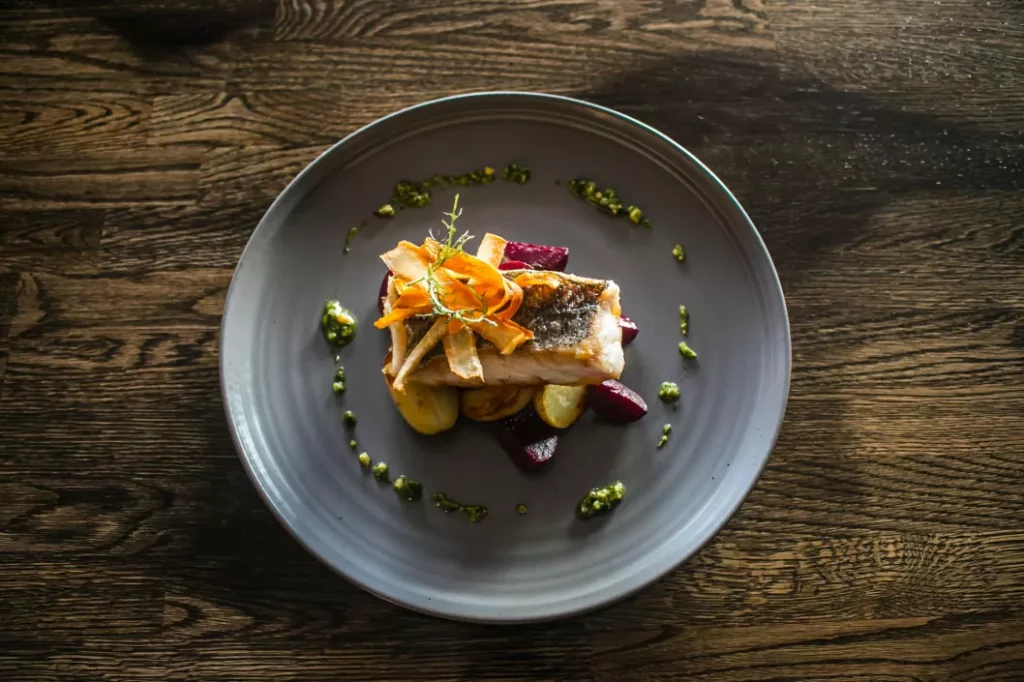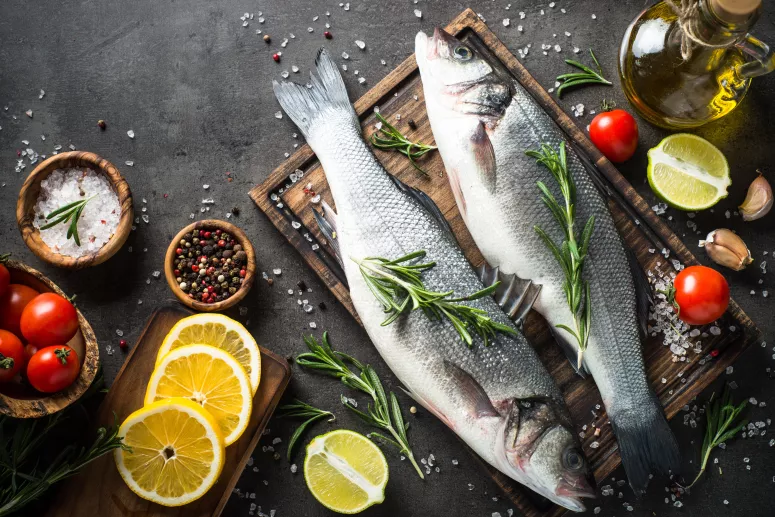A consortium of national entities together in the “OmegaPeixe” project to produce turbot and sea bass, two of the most relevant species in southern Europe, in an optimized and environmentally sustainable way and for increasing the consumption of omega-3s.
“This is the first time that the national production of fish enriched with omega-3s has been invested. The goal is threefold: to respond to the high demand for foods rich in this nutrient, with proven benefits for human health, including a strong anti-inflammatory action to prevent cardiovascular diseases, neurodegenerative diseases, diabetes, and depressive states; to respect animal welfare and the environment and, at the same time, to encourage sustainable aquaculture made in Potugal”, says Renata Serradeiro, CEO of Acuinova
"Our goal is to provide the consumer with a differentiated fish, with high nutritional value, in particular with a high content of long-chain omega-3s (EPA and DHA), produced sustainably using a careful selection of ingredients at an affordable price”, said the same source.
“One of the objectives of the project is to make high quality fish available to consumers, without significantly increasing the sale price” explains Helena Abreu, founder and General Director of ALGAplus, the consortium includes the company ALGAplus, operating in the area of integrated aquaculture, which will be responsible for the production of organic sea bass.
In addition to Acuinova and ALGAplus, the Instituto de Ciências Biomédicas Abel Salazar (ICBAS), from the University of Porto (UP), with international competences in Aquaculture, and the Collaborative Laboratory for the Blue Bioeconomy (CoLAB B2E), one of the 26 national collaborative laboratories created by the Ministry of Science, Technology and Higher Education, participate in the project. To carry out the project, the consortium has the support of Riasearch and Sparos, companies specialized in Research and Development in aquaculture.
“National and European aquaculture is an exemplary response when it comes to food safety, quality, freshness, animal welfare and legislation. It should be noted that the use of hormones and antibiotics to promote animal growth has been banned in the EU for two decades, and has never been current practice in European aquaculture”, reinforces Elisabete Matos, Technical-Scientific Coordinator of CoLAB B2E.
For Elisabete Matos, “the future is about finding solutions adapted to the environment, animals, and market demand and needs: a transversal sustainability”, she predicts.
ICBAS will be responsible for evaluating the impact of finishing diets, directed to the phase prior to fishing, on the nutritional profile of each species under study. “These diets will be optimized for each of the species, using mathematical models and the intelligent FEEDNETICS program, developed in Portugal in a previous R&D project by Sparos, to select the ingredients with the greatest functional potential and economic sustainability. In the end, specific feeding protocols will be proposed for turbot and sea bass”, says researcher Luísa Valente.
Currently, the economy of the sea is growing at twice the rate of the national economy. According to the Sea Satellite Account, developed by the Directorate-General for Maritime Policies and by INE, between 2016 and 2018 the blue sector rose 18.5% in Gross Value Added (GVA) and 8.3% in employment. The national economy grew 9.6% in GVA and 3.4% in employment.

The fishing, aquaculture, processing, and respective marketing sector is responsible for 25.1% of this GVA and for the creation of more than 60 thousand jobs. It is estimated that, in 2018, the direct and indirect impact of the economy of the sea on the national economy will have translated into 5.4% of the GVA and 5.1% of the Gross Domestic Product. All this economic impact is achieved with very reduced environmental impacts when compared to other economic activities.
The “OmegaPeixe” project will have a total investment of around one million euros, of which almost 666,000 euros will be supported by Portugal 2020 and by the European Structural and Investment Funds of the European Union, through the Research and Development Incentive System Technological. The works will take place over two and a half years.
Fonte: SAPO Lifestyle


